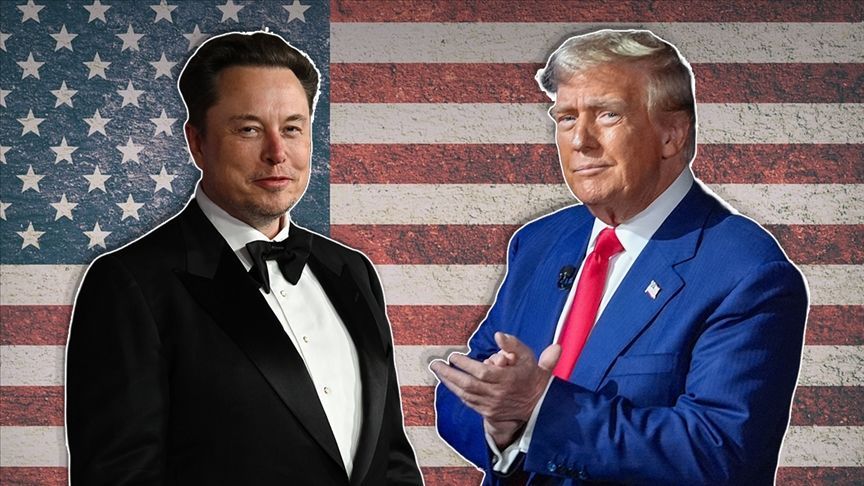Yankees not playing New York, New York anymore after loses!
They're playing "that's life" instead! Long overdue c pic.twitter.com/5SAJbZNTyg— Mike Near Tampa (@mzxeternal) February 23, 2025
Quick Summary
The New York Yankees have adopted a new post-game tradition, playing Frank Sinatra's "That's Life" after losses instead of the customary "New York, New York." This change has ignited conversations among fans and media on X (formerly Twitter), reflecting on the team's performance and morale.
What Happened?
According to a post by user @RasheeTouchdown, the Yankees have decided to play "That's Life" by Frank Sinatra following losses, replacing the long-standing tradition of playing "New York, New York." This shift aims to acknowledge the ups and downs of the season, resonating with the song's themes of resilience and perseverance.
Why is it Trending?
The topic has gained traction due to several factors:
- Tradition Altered: Changing a time-honored post-game ritual has surprised many fans, prompting discussions about the reasons and implications.
- Emotional Resonance: "That's Life" speaks to overcoming adversity, which fans and players alike find relatable during challenging times in the season.
- Social Media Amplification: Posts from users like @RasheeTouchdown have spread the news rapidly, leading to widespread commentary and debate.
The Bigger Picture
This change reflects the team's acknowledgment of the emotional journey inherent in professional sports. By selecting "That's Life," the Yankees embrace a narrative that aligns with the realities of competition—acknowledging setbacks while maintaining optimism. This move also highlights how sports organizations can use tradition and music to connect with their fan base on a deeper level, fostering a shared sense of resilience.
Final Thoughts
The introduction of "That's Life" as the post-loss anthem signifies the Yankees' commitment to confronting challenges head-on. As the season progresses, it will be interesting to observe how this new tradition influences team morale and fan engagement, potentially setting a precedent for how sports teams can adapt rituals to reflect their journey.





